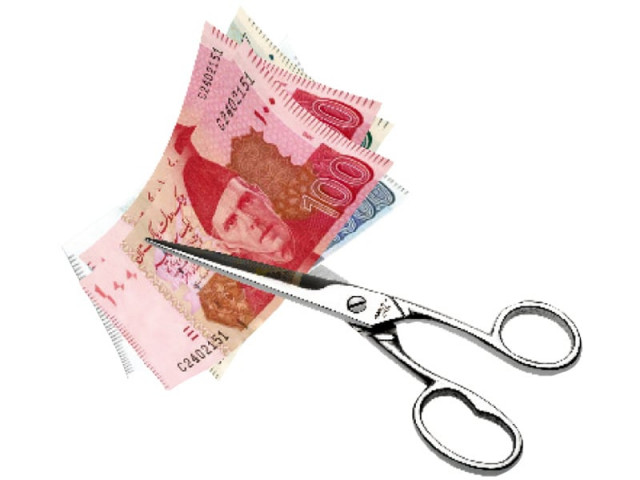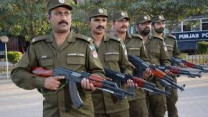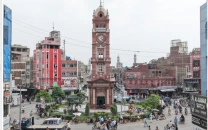Danish Schools: ‘Funds would be better spent on more schools’
MPAs and experts come together to discuss education at UNGEI seminar.

Danish Schools: ‘Funds would be better spent on more schools’
The Danish Schools initiative is a positive one, but the money spent on them would have been better spent on other education needs, such as facilities at public schools in the flood-hit parts of the province.
This view was expressed by Qaiser Rashid, the Schools Department deputy secretary, in response to questions from MPAs at the second meeting of the Parliamentarian Caucus on Education, arranged as part of the Pakistan Girls Education Initiative (PGEI), which works under the United Nations Girls Education Initiative (UNGEI).
After presentations that included figures on education spending and enrolment to an audience that included 20 MPAs, Rashid was asked questions about the Punjab government’s policies and the devolution of education from a concurrent subject to a provincial subject.
Rashid said that the Danish Schools project was a special initiative of the chief minister and had a Rs3 billion budget separate from the Rs14 billion education budget. Several MPAs argued that that money should have been part of the education budget and been spent on other education facilities. Rashid agreed: “I personally do not favour the expense [on Danish Schools],” he said. “We need a bigger budget to provide facilities to public schools.”
Earlier, Unicef Chief of Education Bartholomeus Vrolijk briefed the parliamentarians on the UNGEI’s and PGEI’s findings in Pakistan. “We need to plan and work hard on sustaining education in flood-affected areas, but we need to understand the need in other areas too, as only two per cent of the overall budget is allocated to education,” he said, adding that public representatives had a duty to advocate the cause in parliament.
The seminar was opened by Ayesha Javed, a PML-Q MPA, who said that restrictions on girls going to school in rural areas often had nothing to do with religion or tradition. “People in many areas promote the equal participation of girls in education, but nothing changes because of a lack of facilities and opportunities,” she said.
Naseem Khwaja, a PML-N MPA from Sialkot, said that 60 per cent of children of school-going age were not enrolled in schools. He said that there were villages in his area where people had started holding free classes for primary school children. He said that these voluntary schools deserved financial support from the government.
Chaudhry Javed Ahmed, who is chairman of the Punjab Assembly standing committee on education, said the curriculum in public schools should be the same as that in private schools.
“We know that there are a lot of problems in the Education Department,” he said, “but continuously focusing on what is lacking will not do us any good. We need to work together to promote the gap in women’s education, which has increased with the floods and earthquakes that we have witnessed over recent years.”
The final speaker was Dr Nafisa Shah, an MNA and the co-chairperson of the UNGEI, said there was an “education emergency” in Pakistan and both girls and boys education deserved greater attention. “We need to realise that Osama bin Laden is not our most important issue, education is. Once that is repaired, everything else will follow.”
Published in The Express Tribune, May 25th, 2011.






1675249047-0/image-(18)1675249047-0-208x130.webp)












COMMENTS
Comments are moderated and generally will be posted if they are on-topic and not abusive.
For more information, please see our Comments FAQ